Similar Projects

SPD parliamentary group simulation game
In the SPD parliamentary group's simulation game ‘Zukunftsdialog’ (‘Future Dialogue’), participants contribute their own ideas, develop them further, and then present them to ‘real’ SPD MPs.
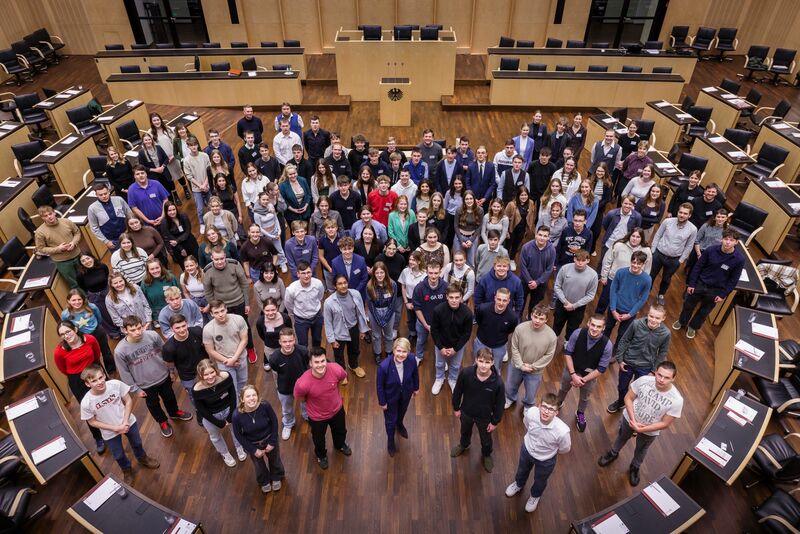
Experience politics in the Bundesrat
Once a year, the Bundesrat invites students from the federal state currently holding the presidency to Berlin. For 2-3 days, they then slip into the roles of ministers from 16 federal states or of journalists....

#freeandequal
All human beings are born free and equal in dignity and rights! Article 1 of the Universal Declaration of Human Rights should be the basis of all action in our world. But how does our...

Regional policy 2.0
Of course, we want to reach as many people as possible. But even the largest pool of facilitators will reach its limits at some point. In addition, long journeys through Germany and beyond are fun...
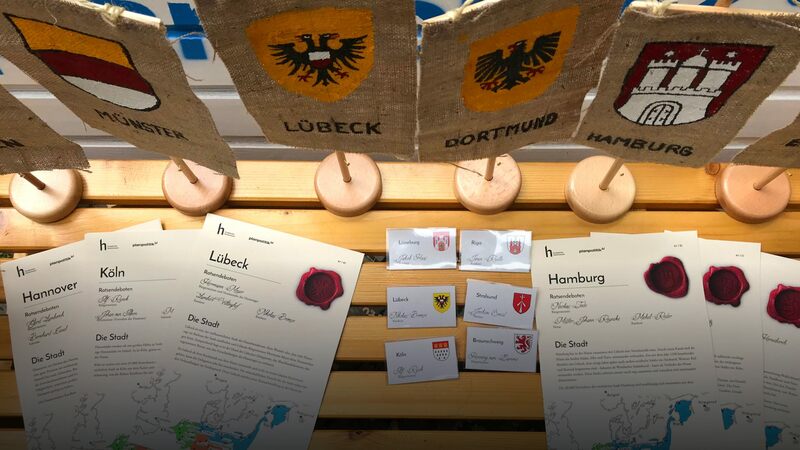
Negotiations in the Middle Ages and today
From time to time we receive requests of a slightly unusual nature: be it because they cannot be clearly assigned to one of our thematic areas, be it because they are new to us in...

Interactive educational modules, Serious games, Simulation games
"Post It!"
An escape game that sends participants on a time travel to 1943, 1986 and 2021 to explore the history of freedom of expression and dissent in different times. And a second module for elementary school.

Method training, Simulation games
Freely available toolkit: two simulation games in four languages
TEDYC – freely available toolkit with two low-threshold simulation games to promote ‘dynamic citizenship’, developed with partners from universities in Ticino/Switzerland

Interactive educational modules
Simple ideas for living together in solidarity?
It all started with the video simulation game "The Usual Suspects", which was developed as part of a cooperation with the Respect Coaches programme, funded by the federal government.

Interactive educational modules
#GetinvolvedEU - planpolitik for Presidency
In the second half of 2020, Germany held the EU Council Presidency for the first time in 13 years. This came with the honour of holding informal Council of Ministers meetings on a wide range...

Interactive educational modules
“Gedenkanstoß” (literally: “Prompt to remember”)
We have developed a digital self-study course on topics and issues relating to the reappraisal of Nazi injustice for the Foundation Erinnerung Verantwortung Zukunft (EVZ).

Interactive educational modules
Modular Europe
Our portal “Teaching Europe” [https://www.europa-unterrichten.de] provides materials for interactive workshops and participation-oriented teaching. It is aimed at teachers and trainers in both formal and non-formal education.

Interactive educational modules
European values, made understandable at last!
"Translating European Values into Practice" - that is what we set out to do in this Erasmus+ project. The aim of this three-year project with partner organisations from Belgium, Poland and Italy was to make...

Simulation games, Serious games
The Union Lab – Design your own European Union!
Anyone who is involved in European politics is familiar with the debates about the pros and cons as well as the future of European integration. But how do you get young people to engage with...

Changing Climate - A look into the future
The idea of simulating the effects of climate change and climate policy in a game has been with us for some time. Thanks to our long-term partner, the Friedrich Ebert Foundation, the idea became a...
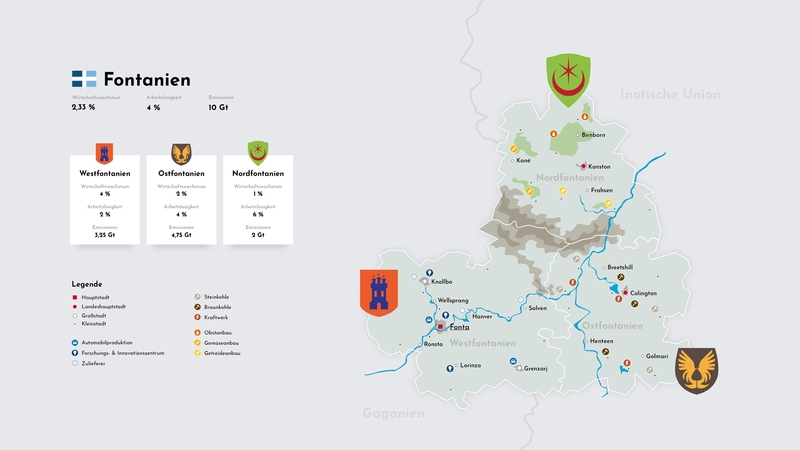
Just transition?
What happens when a country wants to reduce its greenhouse gas emissions by half in a relatively short time? What can be done to convince even those who see themselves as losers in the energy...

‘Minister for a Day’ in the Council of the EU
Adapted from a week to two hours – the short simulation games on the Council of the EU on the topics of CO2 reduction in road transport and the regulation of AI now freely available!

Interactive educational modules
Small Big Steps against exclusion and extremism
How does a far-right speech on a Liverpool sports field differ from a similar situation in Berlin or rural Bavaria? How do you portray an Islamist as an (animated) character without reproducing stereotypes? And how...
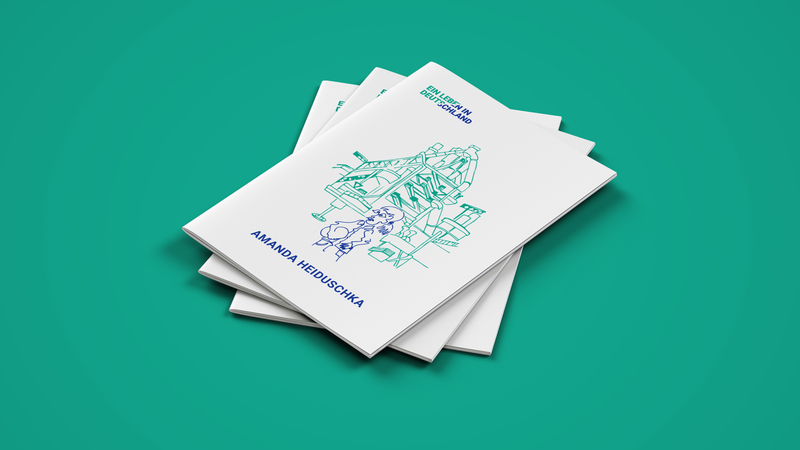
Simulation games, Interactive educational modules
"A life in Germany"
The Treuhand - depending on the political perspective it is either solely responsible for a "sell-out of the East" or its work is presented as "historically without alternative". More than 30 years after German reunification,...
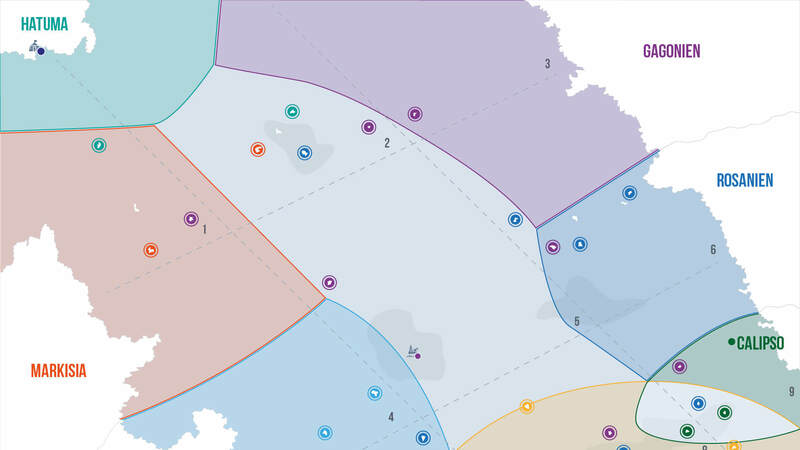
Conflict in the Gagonian Sea
The South China Sea: a highly complex web of interests of the numerous littoral states and international actors. This multi-layered conflict is the basis for our most technically complex, strategic simulation game to date.

Interactive educational modules
EuropeCamp and Democracy Festival – onsite and online!
One weekend, several hundred visitors, and Europe and Democracy at the centre of everything - these are the cornerstones of the EuropaCamps and Demmocracy Festivals organised by the Zeit Foundation Bucerius, for which we have...

Interactive educational modules
Mission Possible: Climate Justice in 9 Modules
Flexible workshop concept enables quick or deeper insights into the topic of climate justice, New set of methods makes climate policy tangible
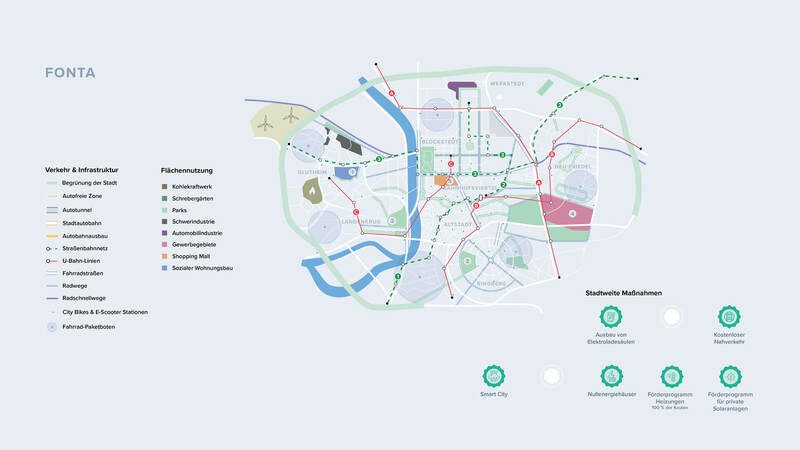
Simulation games, Serious games
Simulation Game Climate Neutral City
Cities have an important role to play in the fight against climate change. This is the subject of our simulation game ‘Climate Neutral City’, which we developed on behalf of the Goethe-Institut and implemented in...
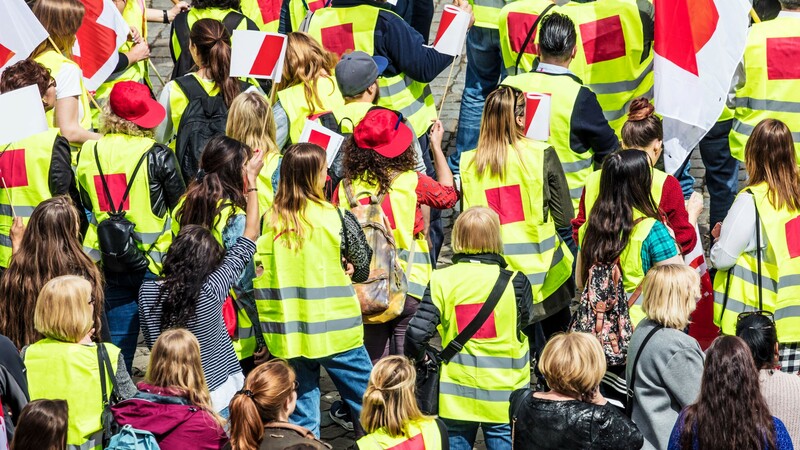
Better work for all?
Our trade union simulation games have developed into a considerable collection. The range of topics as well as methods is increasing.

Hybrid simulation game on district politics in Berlin’s libraries
Local politics, boring? It exists, the political life beyond federal and state politics! The simulation game project "Planspiel Bezirkspolitik" takes on Berlin's local politics and sheds light on the work of the district councils (BVV)....

Online simulation games in higher education
Our online simulation game platform Senaryon is used for a wide range of target groups - from students to professionals. Its use in a university context has also proved particularly successful.

Interactive educational modules, Simulation games
Fact or Fake?
The spread of fake news and hate speech on social media is a major problem. Our simulation game on this topic is being played at 100 schools across Germany on behalf of the European Commission,...
‘Beyond Failure?’ – Simulation of a global citizens' assembly
With sociocracy and a diversity of perspectives: 50 participants from all over the world find answers to global problems in a simulation game
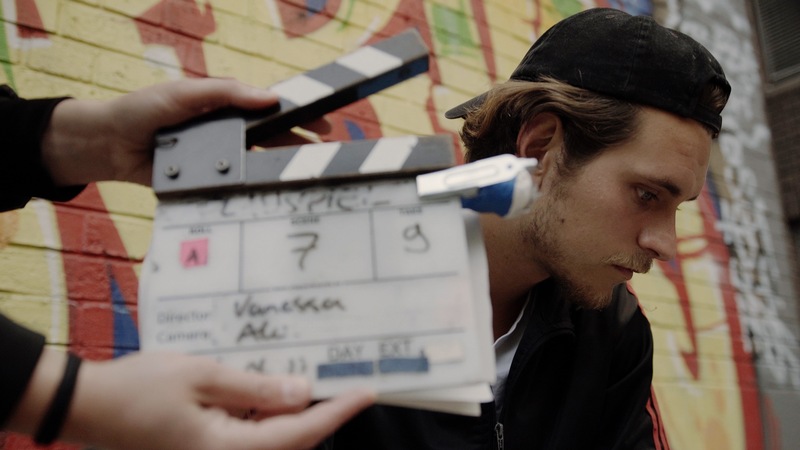
Video-based simulation game "A question of Attitude"
In our video simulation games, the role entry takes place via short video clips - immersive and low-threshold without text. A Question of Attitude" is about a casting call for a dance video that some...

Serious games, Simulation games
Re:Think – simulation game on climate crisis, migration and the future
Around the world with a board game. Our new simulation game Re:Think for Care Germany combines classic simulation games and board games.
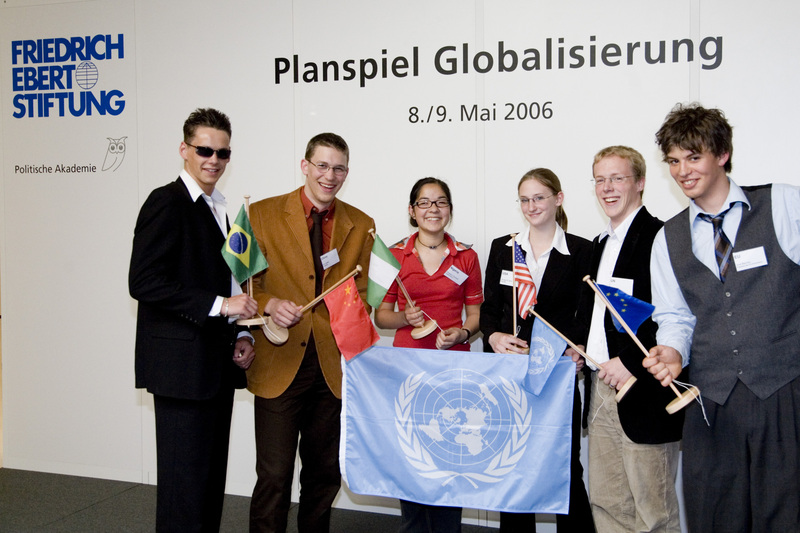
Interactive educational modules, Simulation games
Free simulation game workshops for schools
Eight workshop formats, 1-2 days, free of charge for schools! We have been offering youth workshops with simulation games for the FES since 2006. We are delighted that the framework agreement has been extended by...

Interactive educational modules, Serious games
Break out of the disinformation spiral!
Our first escape game about media literacy! The Fake Busters are on the trail of a disinformation campaign. They have 90 minutes to find evidence and help the democratic president. To do that, they have...

Democracy under pressure
The rule of law is a fundamental principle of our societies and an important pillar of the European Union. A fair, independent and secure legal system protects citizens from arbitrary government, discrimination and violation of...
